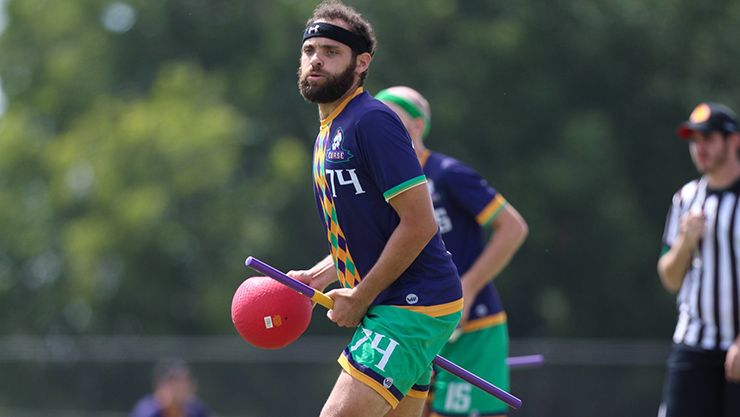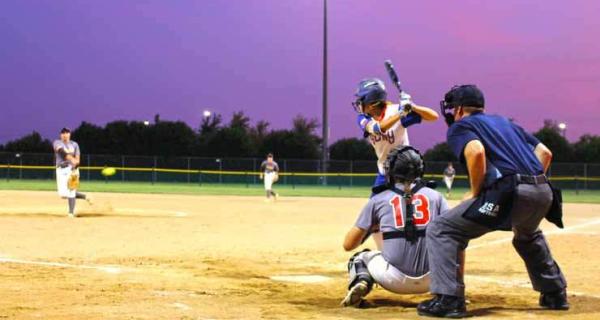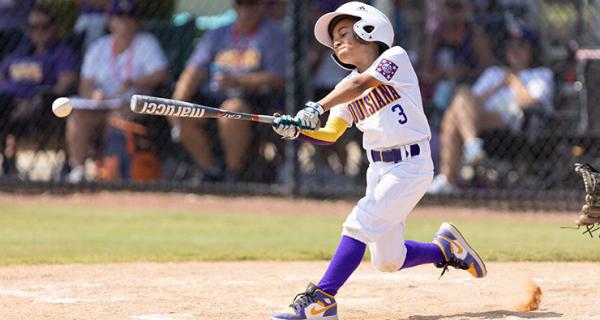4 Things to Note About Quidditch Changing to Quadball
The change to Quadball could keep the sport flying in the right direction, leagues and organizers hope.

Quadball is in; Quidditch is out. The rebranding of the world’s most magical sport is complete. It remains to be seen how long it will take to distance the sport from its creator, J.K. Rowling, but the train has left the station.
Renaming a sport is not without precedent. Ultimate dropped the “Frisbee” to avoid trademark trouble. Quadball, too, expects new opportunities to emerge with Warner Bros. out of the picture. The mid-July announcement comes at a time when the debate over social issues and inclusion has only intensified since Rowling began expressing views considered by many to be transphobic.
Quadball leaders are convinced the new name is good for the game, which first apparated into real life at Middlebury College in 2005.
“In less than 20 years, our sport has grown from a few dozen college students in rural Vermont to a global phenomenon with thousands of players, semi-pro leagues and international championships,” says US Quadball executive director Mary Kimball. “Our organizations are committed to continuing to push quadball forward.”
Earlier this year, we examined advice for the rebranding. Here, we look at four interesting and important facts regarding the official announcement.
A United Front
US Quidditch and Major League Quidditch jointly launched the push to a new name. International Quidditch Association, which governs the sport internationally, will also go forward with quadball in the near future. This will limit any confusion. Says Chris Lau, chair of the IQA board of trustees and co-founder of the Hong Kong Quidditch Association: “We are confident in this step and we look forward to all the new opportunities quadball will bring. This is an important moment in our sport’s history.”
The Name Makes Sense
The organizations vetted the new name with its participants. The result is a change that is not simply made for change’s sake. The most obvious connection to the old name is that the letter Q remains the third letter on the acronyms (USQ, MLQ, ISQ). The press release also notes that the name refers to both the number of balls and the number of positions in the real-life sport.
The Logo Remains Magical
Interestingly, the USQ logo still features a player reaching for a ball while on a broom. The player’s position is such that it is a nod to the wizarding style featuring flying and the version where feet leave the group to lunge or leap.
Inclusivity Is Expressed
Between keeping the Q and the logo, there are some measures being taken for those not quite ready to accept the change. The fact remains that quidditch, now quadball, naturally attracts an audience that places a high priority on inclusion. This week’s announcement highlighted the support against Rowling’s statements and came while the U.S. House of Representatives passed a bill to legalize same-sex marriage—a move made when such unions were questioned in the U.S. Supreme Court ruling overturning Roe v. Wade.
Photo Courtesy of Major League Quidditch








